Macbeth is playing at Plymouth Arts Centre from 30 Oct – 5 Nov
A play steeped in dark, pernicious forces, ‘Macbeth’ presents a unique challenge to the film-maker. With its blend of witchcraft and Realpolitik, ‘Macbeth’ lives between two worlds, meaning the most successful adaptations have worked thanks to a clear directive vision. This latest film, starring Michael Fassbender and Marion Cotillard, is directed by Justin Kurzel, whose previous work includes ‘Snowtown’; an ultra-violent film about a serial killer. Kurzel’s resolute approach to violence on-screen makes him a perfect fit for Shakespeare’s murderous King.
Kurzel’s ‘Macbeth’ is set in Middle Ages Scotland; with the Highlands providing a brooding backdrop. A sense of place is especially important in ‘Macbeth’, and the landscape dwarfs the characters’ plotting and scheming, helping to create a real sense of menace.
Watching ‘Macbeth’, it is astonishing to think that this is only the second feature film from director Justin Kurzel. He plunges us into the play’s heart of darkness – the film doesn’t flinch from showing us the guts and gore, but the real body blows come when we least expect them. Lady Macbeth’s sleepwalking scene is brilliantly reworked to create a moment of deep emotional resonance. Marion Cotillard, as delicate as Lalique in ‘La Vie en Rose’, may not seem the obvious choice for Lady Macbeth, but Cotillard demonstrates her range by portraying the Queen not as a monster soured by ambition, but a creature ruined by grief. Lady Macbeth has the reputation of being a tricky character to master, but in this role Cotillard is mesmerising; giving a deftly-drawn performance that will become a touchtone for future productions.
Even with a supporting cast of stellar performances (Sean Harris is excellent as Macduff), this remains Fassbender’s film. There is a real feeling of inevitability with Fassbender’s Macbeth – he performs as if born to the role. While he has the grit and tenacity necessary to convince us of his military might, the decision to portray him as psychologically wounded is a masterstroke. Fleshed out, Macbeth’s descent into villainy is made all the more terrifying as he dispatches rivals with cold, ruthless efficiency.
Macbeth is different to Shakespeare’s other dramatic heavyweights in that he is the architect of his own ambition. While Hamlet acts impulsively, and Othello is ruled by his heart, Macbeth plays no game of chance – every piece on the board is accounted for. Fassbender is superb at letting us into the King’s damaged psyche. ‘Macbeth’ is the definitive study of fear and paranoia, and it is right that he makes us shudder in our seats.
What becomes apparent very early on is that this is uncompromising cinema not for the faint of heart. Macbeth should be brutish and bloody, and it is, but director Justin Kurzel digs deeper, and gives us a film of astonishing emotional depth.
There has been a recent trend for clear-eyed Shakespearean productions, such as the recent ‘Hamlet’ at London’s Barbican Theatre. These interpretations are not simplified, but clarified. Motives are laid bare, the chink in the armour, exposed. It is here where ‘Macbeth’ excels; in its depiction of how a hero can fall so far and so quickly. The decision to cut some of the play’s scenes has resulted in a film stripped back to the bone. Rather than shrinking the play’s power, the drama becomes a leaner beast, driving on the action to a searing climax.
‘Macbeth’ is raw, visceral film-making at its best. Shakespeare pulled out some of his best poetry for this play, and on this cast, not a syllable is wasted. We are already familiar with the respective talents of Fassbender and Cotillard, but ‘Macbeth’ launches a new star in Justin Kurzel. It takes a director of great skill to bring out the beauty in Macbeth’s brutal universe, and Kurzel’s adaptation presents a compelling argument for putting Shakespeare on film. Great work can live anywhere, and this film is a particularly good example of how Shakespeare can – and should be – played. ‘Macbeth’ is complex and deeply uncomfortable, but allow it room to breathe, and the exploration of evil becomes all too familiar, and all too human.
Helen Tope
@Scholar1977

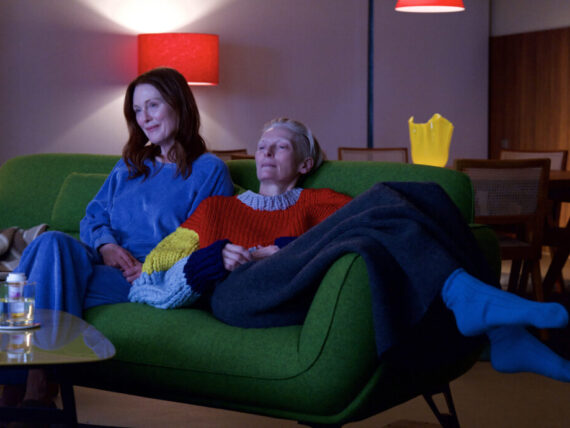
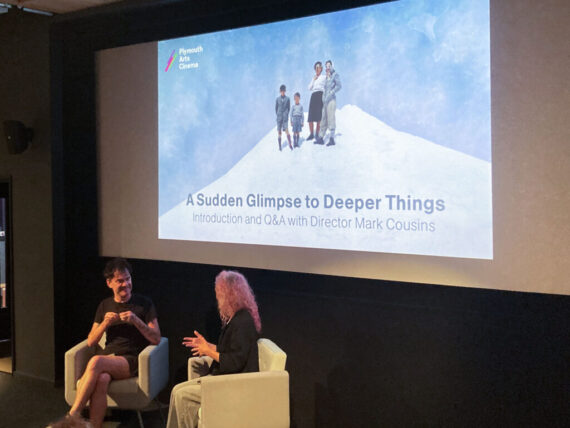
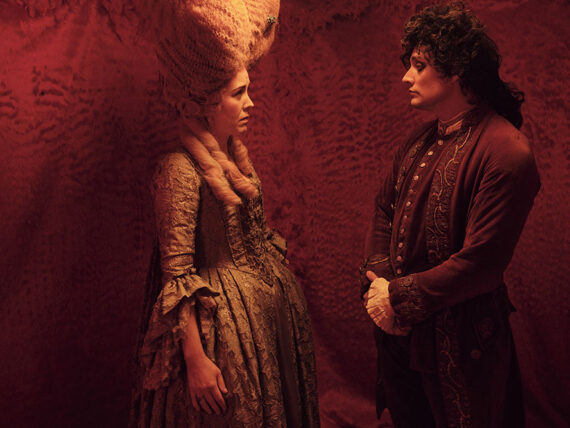
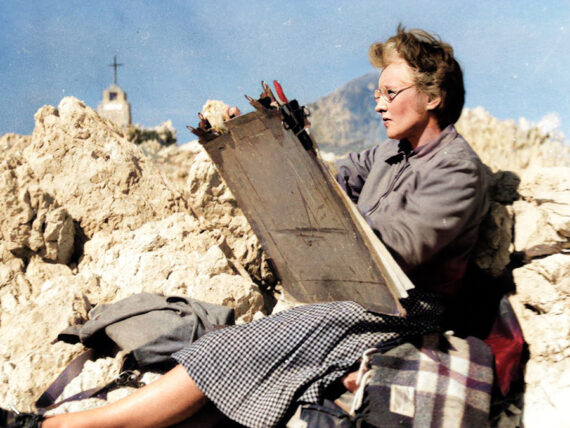

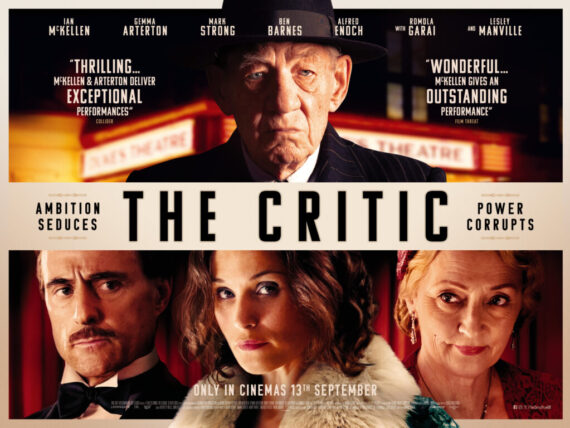
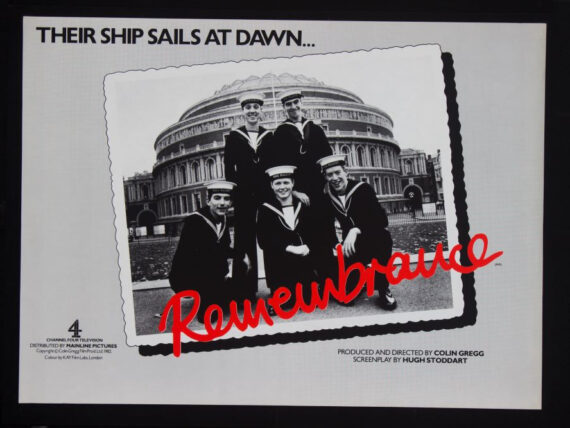
Comments
No comment yet.